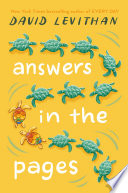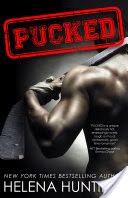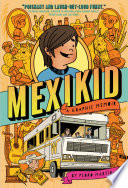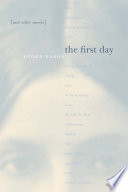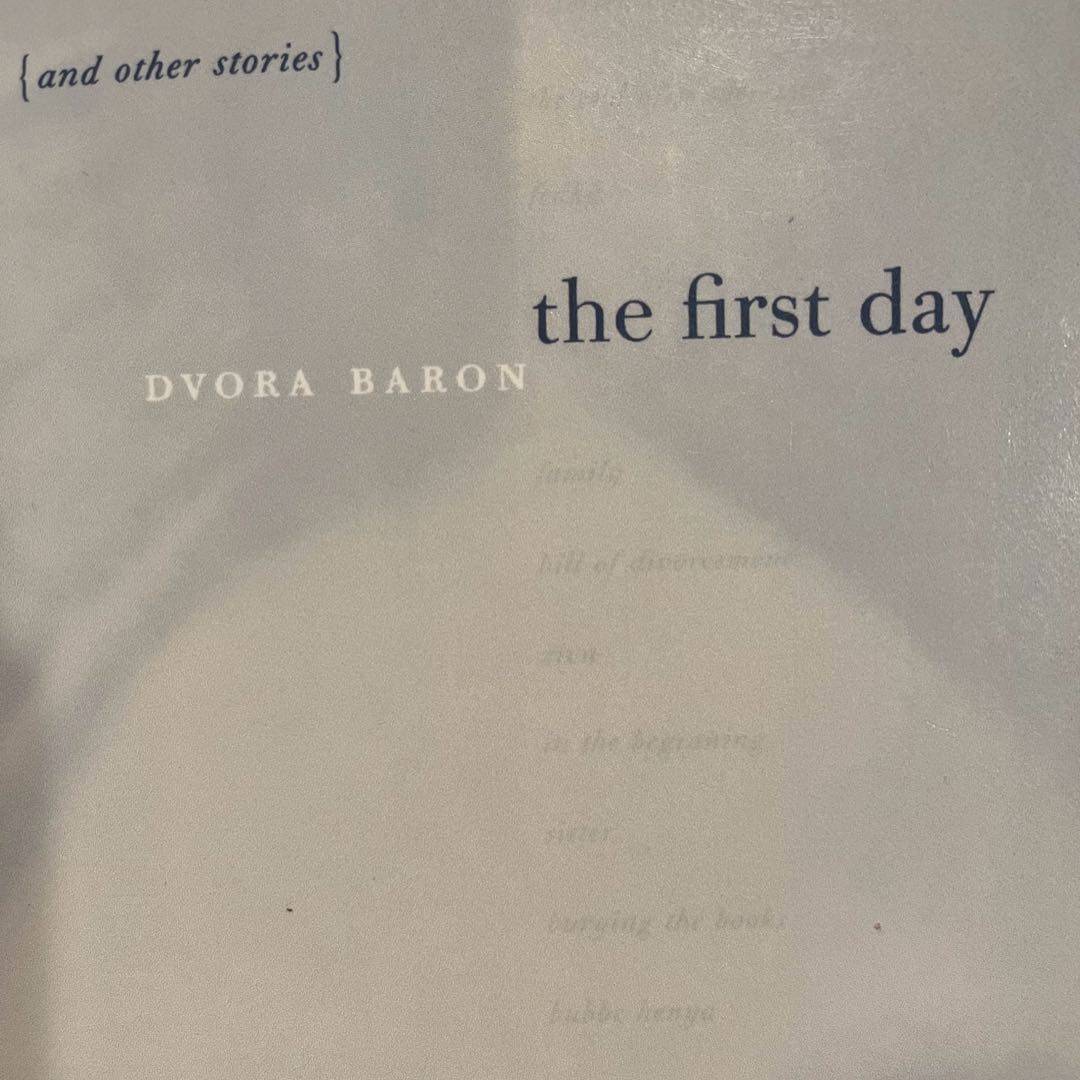
Baron emigrated to Palestine in 1910, wrote in Yiddish and Hebrew, yet her stories were not set in her new home but in the world of the East European shtetl. Themes in her short stories are marriage, divorce, death or birth but giving the Jewish woman a voice. Kaddish, Sister or Burying the books are critiques of misogyny in traditional Jewish communities. I loved that Baron‘s Torah and Talmud knowledge shaped her literary work. In the beginning
Anna40 marks the passing of time (summer, fall, winter) with the Torah portions read throughout the year. Baron‘s prose is well crafted, the translations by Seidman and Kronfeld are a pleasure to read. (edited) 6mo
22 likes1 comment








